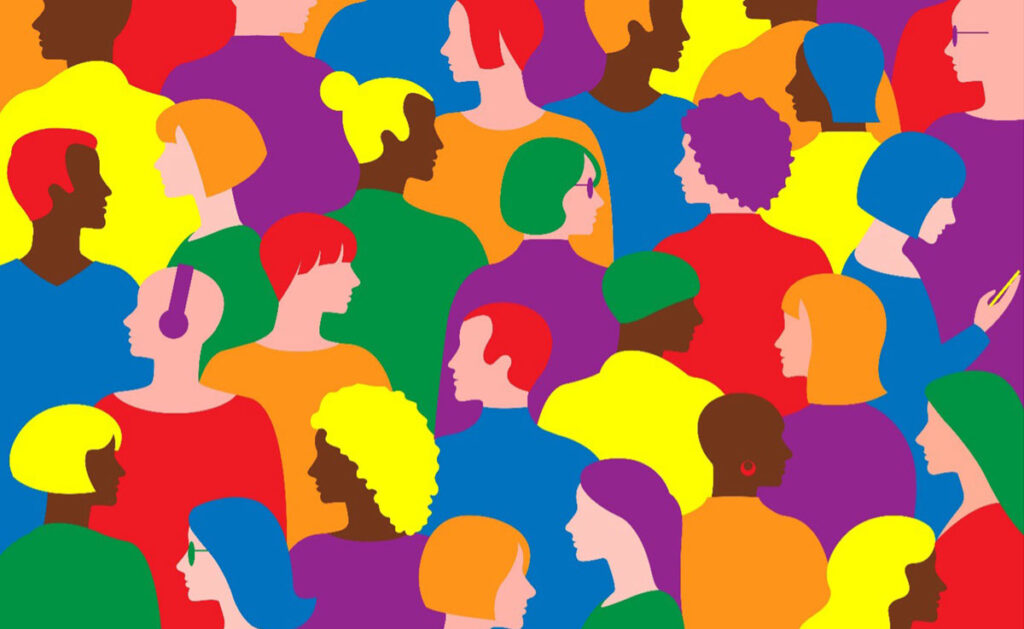Let’s be honest, moving to a new country can feel like being dropped into another world. Sure, you need the basics: how to buy groceries, catch public transport, or greet your colleagues without accidentally offending anyone. But that’s just the start.
So, what is cultural training really about?
It’s about connecting with people who think, communicate, and operate differently—and doing it with empathy and confidence. It’s not just a checklist of daily tips. Cultural training is a deeper learning experience that shifts your mindset and sharpens your ability to thrive across borders.
Beyond the Basics
It’s useful to know how to set up a bank account or where to get a SIM card. But cultural training goes beyond logistics. It unpacks the why behind behaviours—exploring values, communication styles, and social norms that shape how people live and work.
Every culture has its own “operating system.” What’s polite or professional in one place might come across completely differently elsewhere. Cultural training helps you navigate these invisible rules with skill and awareness.
Daily Living Training covers:
- What apps locals use for food delivery
- How to greet coworkers
- How to open a bank account
Cultural Training covers:
- Why your boss avoids eye contact (and it’s not rude)
- How silence speaks volumes in some cultures
- What “respect” looks like in different work settings
- How to avoid unintentional offense
Building Cultural Intelligence (CQ)
Cultural Intelligence—or CQ—is like emotional intelligence, but with a global twist. It’s the ability to understand and adapt across cultures. And it’s a skill you can grow.
Cultural training helps you slow down, ask questions, and really listen. Through real-life case studies, storytelling, or even simulations, participants start to shift from “How do I not mess up?” to “How can I truly connect?”
A Must-Have for Global Work
Whether you’re leading a global team or collaborating across time zones, cultural training helps you:
- Lead with confidence
- Communicate clearly
- Build trust faster
- Avoid costly misunderstandings
Remote or in person—it matters.
Even Coming Home Has Its Challenges
Reverse culture shock is real. After time abroad, even home can feel unfamiliar. Cultural training supports re-entry too, helping people reflect, adjust, and settle back in with clarity.
It’s About Mindset
Ultimately, cultural training builds a global mindset—one grounded in curiosity, empathy, and openness. It’s about being the kind of person who can connect, collaborate, and thrive—anywhere.
In short?
Cultural training is way more than knowing where to shop. It’s a passport to stronger relationships, better communication, and true global success.
If your team is ready to break through cultural barriers and build stronger international relationships, our training programs are the perfect next step.
Contact us today to discuss how we can support your team.


